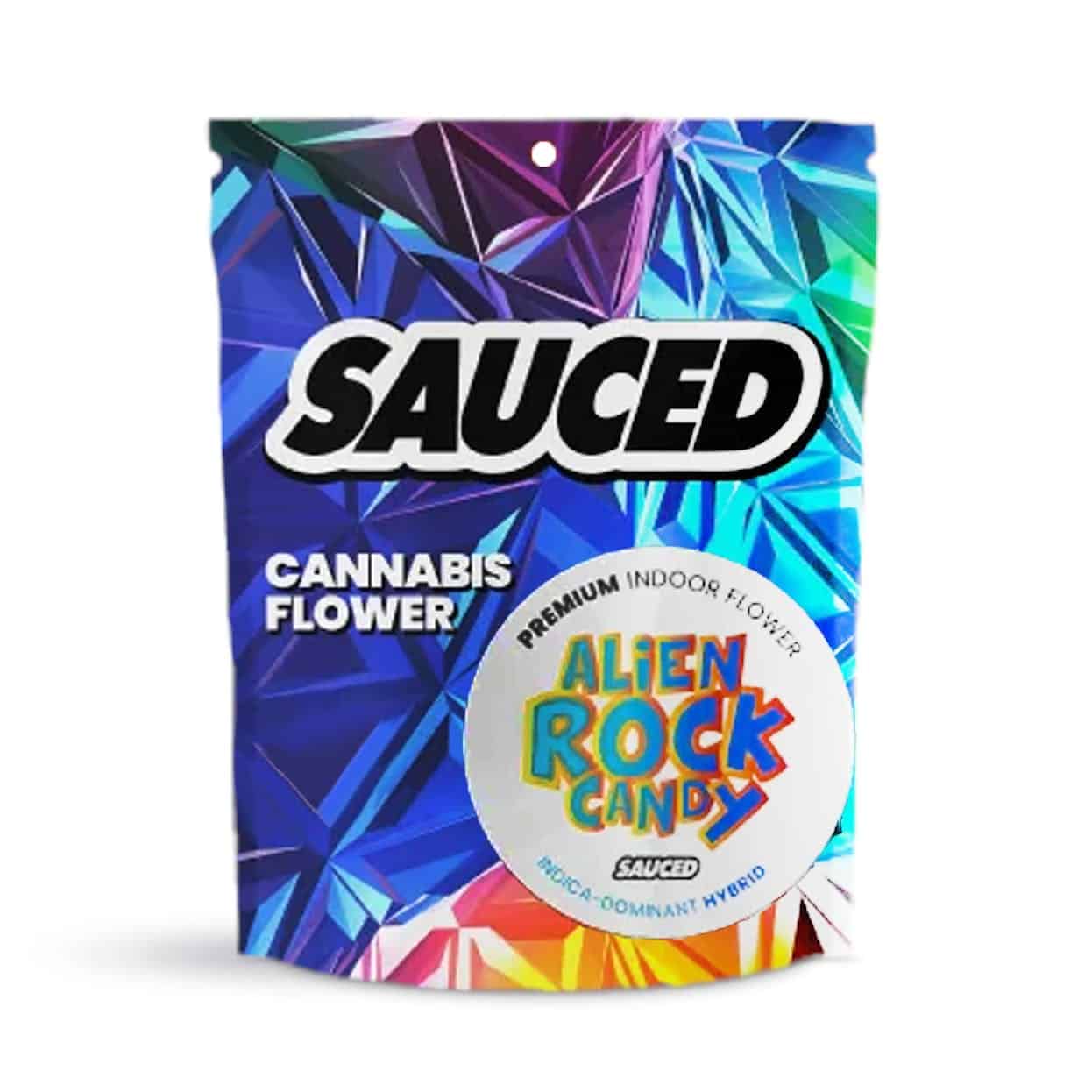
 Anxiety and marijuana. Is weed causing it or helping it?
Anxiety and marijuana. Is weed causing it or helping it?
A new study on the effects of marijuana finds that high levels of cannabis use in young adults are linked with both anxiety sensitivity and a condition known as negative urgency, described as the tendency to act impulsively in response to stressful situations. The results show that treating young adults for negative urgency through means such as psychotherapy may be key to curbing problem cannabis use.
Research continues into the potential therapeutic implications of cannabis, which has been associated with treatment for a range of issues from seizures, inflammation and pain management to cancer therapy.
Negative side-effects…
At the same time, the negative effects of marijuana overuse and abuse are well known: beyond intoxication, long-term marijuana use can result in respiratory problems, higher cardiovascular risk, negative mental health and mood effects, developmental issues and psychological dependence.
The problem is particularly apparent for young adults, where in Canada and the United States, rates of past-month cannabis use for people between the ages of 18 and 24 years old is about 17 to 20 percent. Plus, research has shown that high levels of cannabis use in young adults is associated with issues such as substance dependence and problems at work.
Addressing the issue means getting to the bottom of why people in that age range develop cannabis use issues. To that end, researchers with the University of Manitoba and the University of Toronto conducted a survey of 91 postsecondary students from the greater Toronto Area to look for links between high cannabis use, anxiety issues and related behaviours.
Fearing heart attacks
The students filled out questionnaires on a number of topics: anxiety sensitivity, impulsive behaviour, cannabis use and cannabis dependence, with the results showing that anxiety sensitivity, the fear that having anxiety symptoms like rapid heartbeat will lead to catastrophic outcomes (such as a heart attack), was positively associated with high levels of cannabis use.
The researchers further found a link between problem cannabis use and a personality trait known as negative urgency, which involves a tendency to act rashly when experiencing emotional distress. Those with negative urgency are more likely to act without thinking and to lose control as a result of experiencing feelings like sadness, anger or fear. (By contrast, people with positive urgency tend to lose control when feeling joyful or happy.)
Impulsive behaviour
The study’s authors say that negative urgency can lead one to turn to alcohol and drugs as a coping mechanism, particularly a problem as the trait involves a tendency towards impulsive and sometimes risky behaviour. “This tendency to act impulsively and rashly in the context of negative mood could increase the likelihood of negative outcomes from cannabis use,” say the authors, “as cannabis may be used at inappropriate times (e.g., before a test) or in risky situations (e.g., before driving).”
Identifying a connection between anxiety sensitivity, negative urgency and the risk of problem cannabis use is important, the authors state, as it points to potential treatment options through, for example, cognitive-behavioural strategies to address anxiety.
“The findings suggest that prevention or intervention efforts targeting the tendency to engage in rash or impulsive behaviours when experiencing negative affect may be helpful for reducing the likelihood of problematic cannabis use in individuals high on anxiety sensitivity, say the authors.
But is the anxiety and marijuana angle overblown? In another study called “Blunted stress reactivity in chronic cannabis users,” researchers from Washington State University tested the stress responses of 40 cannabis users and 42 non-users and found that the pot users produced less of the primary stress hormone, cortisol.
The research is published in the Journal of American College Health.
Leave a Reply
You must be logged in to post a comment.



 Share
Share Tweet
Tweet Share
Share




Comment